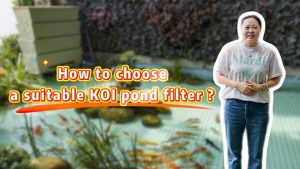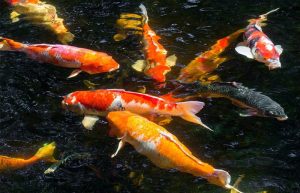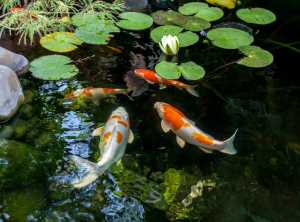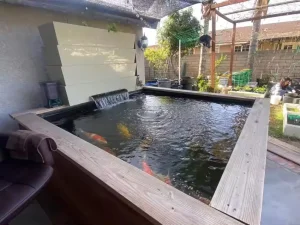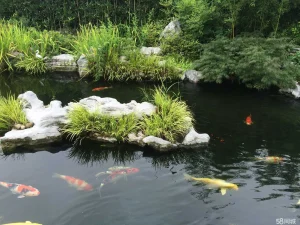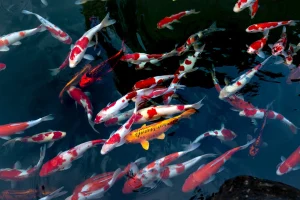The Application of Aquaculture Drum Filters in Indoor Fish Farms
Aquaculture, the farming of aquatic organisms such as fish, shellfish, and aquatic plants, has become an essential industry in meeting the growing global demand for seafood. With traditional fishing practices facing sustainability challenges, aquaculture offers a promising solution to ensure a stable and sustainable food supply.
Indoor fish farms are gaining popularity due to their ability to control environmental factors such as temperature, water quality, and disease prevention. In these controlled environments, the use of advanced aquaculture equipment is crucial for the success of fish farming operations. One such equipment is the aquaculture drum filter.
What is an Aquaculture Drum Filter?
An aquaculture drum filter is a mechanical filtration system designed to remove solid waste particles from water in fish farming operations. It consists of a rotating drum that is partially submerged in the water. As the drum rotates, water passes through a fine mesh screen, while solid waste particles are trapped on the surface.
Advantages of Aquaculture Drum Filters
Water Quality Improvement: By effectively removing solid waste particles, drum filters play a vital role in maintaining optimal water quality in indoor fish farms. Clean water is essential for fish health and growth, as it reduces the risk of diseases and improves oxygen levels.
Reduced Maintenance: The use of drum filters significantly reduces the need for manual cleaning and maintenance of fish farming systems. The self-cleaning mechanism of drum filters ensures continuous filtration without the need for frequent interruptions.
Space Efficiency: Indoor fish farms often have limited space. Aquaculture drum filters are compact and can be easily integrated into existing fish farming systems, maximizing the use of available space.
Automation: Many drum filters are equipped with advanced automation features, such as sensors and timers, which allow for efficient and precise control of the filtration process. This automation reduces the labor and time required for monitoring and maintenance.
Environmental Sustainability: Proper waste management is crucial for the sustainability of aquaculture operations. Drum filters help minimize the release of solid waste particles into the surrounding environment, preventing pollution and maintaining the ecological balance.
Considerations and Challenges
While aquaculture drum filters offer numerous advantages, there are certain considerations and challenges that need to be addressed:
Cost: The initial investment cost of aquaculture drum filters can be significant. However, the long-term benefits, such as improved water quality and reduced maintenance, often outweigh the initial costs.
Compatibility: Different fish species have varying waste production rates and particle sizes. It is essential to select a drum filter that is compatible with the specific requirements of the fish species being farmed.
Maintenance and Cleaning: While drum filters are designed to be self-cleaning, regular maintenance and cleaning are still required to ensure optimal performance.

